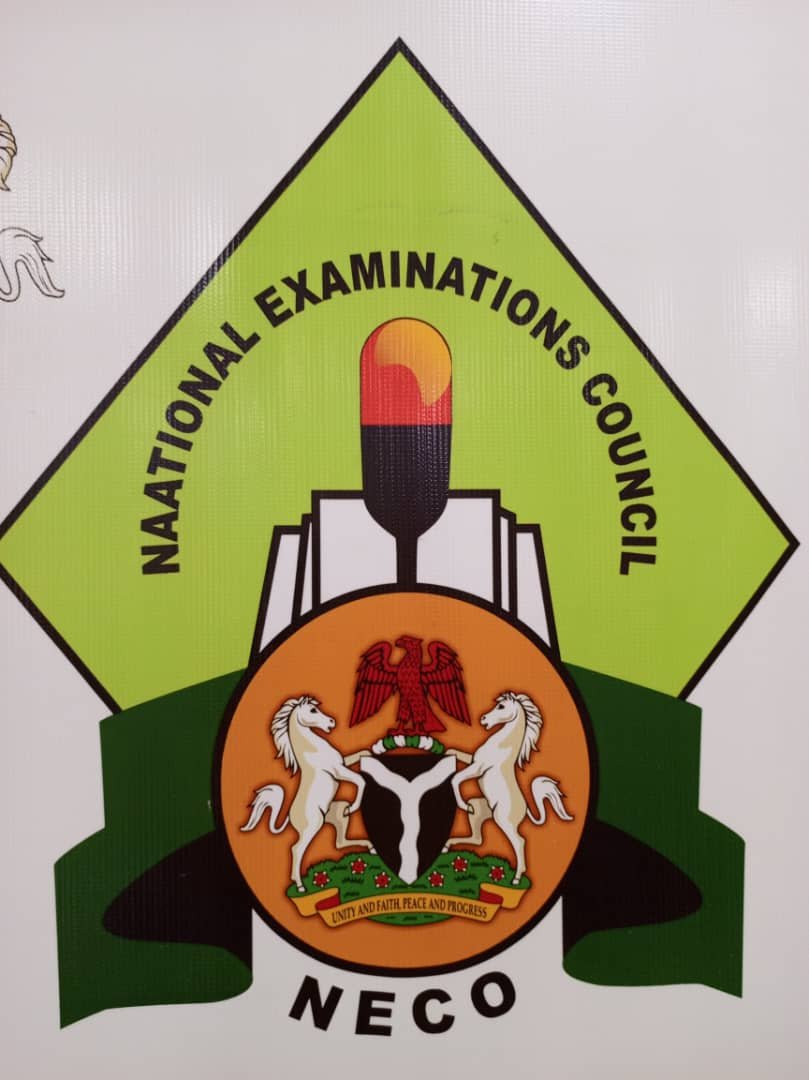The National Examinations Council (NECO) has accredited additional foreign schools to conduct the Senior School Certificate Examination (SSCE) and Basic Education Certificate Examination (BECE), broadening its international presence.
This development was confirmed by Azeez Sani, Acting Director of Information and Public Relations, NECO in a statement issued on Saturday.
According to NECO, the newly accredited schools are located in Niger Republic and Equatorial Guinea, marking an important step in the council’s mission to expand its global footprint. “The accreditation of additional foreign schools is a testament to NECO’s commitment to providing quality education and assessment beyond the shores of Nigeria,” said Sani.
An accreditation team from NECO recently visited these schools to assess their facilities, including classrooms, laboratories, libraries, computer rooms, workshops, examination halls, and sports facilities, ensuring they meet the required standards for the SSCE and BECE.
Following a thorough evaluation, the schools were granted full accreditation to conduct both the SSCE and BECE examinations.
This expansion underscores NECO’s growing reputation as a leading examination body in Africa. “With its expanding global presence, NECO is poised to become a leading examination body in Africa, offering opportunities for students worldwide to benefit from its expertise,” Sani added.
This move also aligns with NECO’s ongoing efforts to facilitate examinations for candidates in several countries.
Currently, the council conducts examinations in Benin Republic, Togo, Cote d’Ivoire, Niger Republic, Equatorial Guinea, and Saudi Arabia.
Also, candidates are now participating in the ongoing NECO SSCE External in Diffa, Niger Republic, where the UNHCR School serves as the first external center for NECO’s SSCE outside Nigeria.



